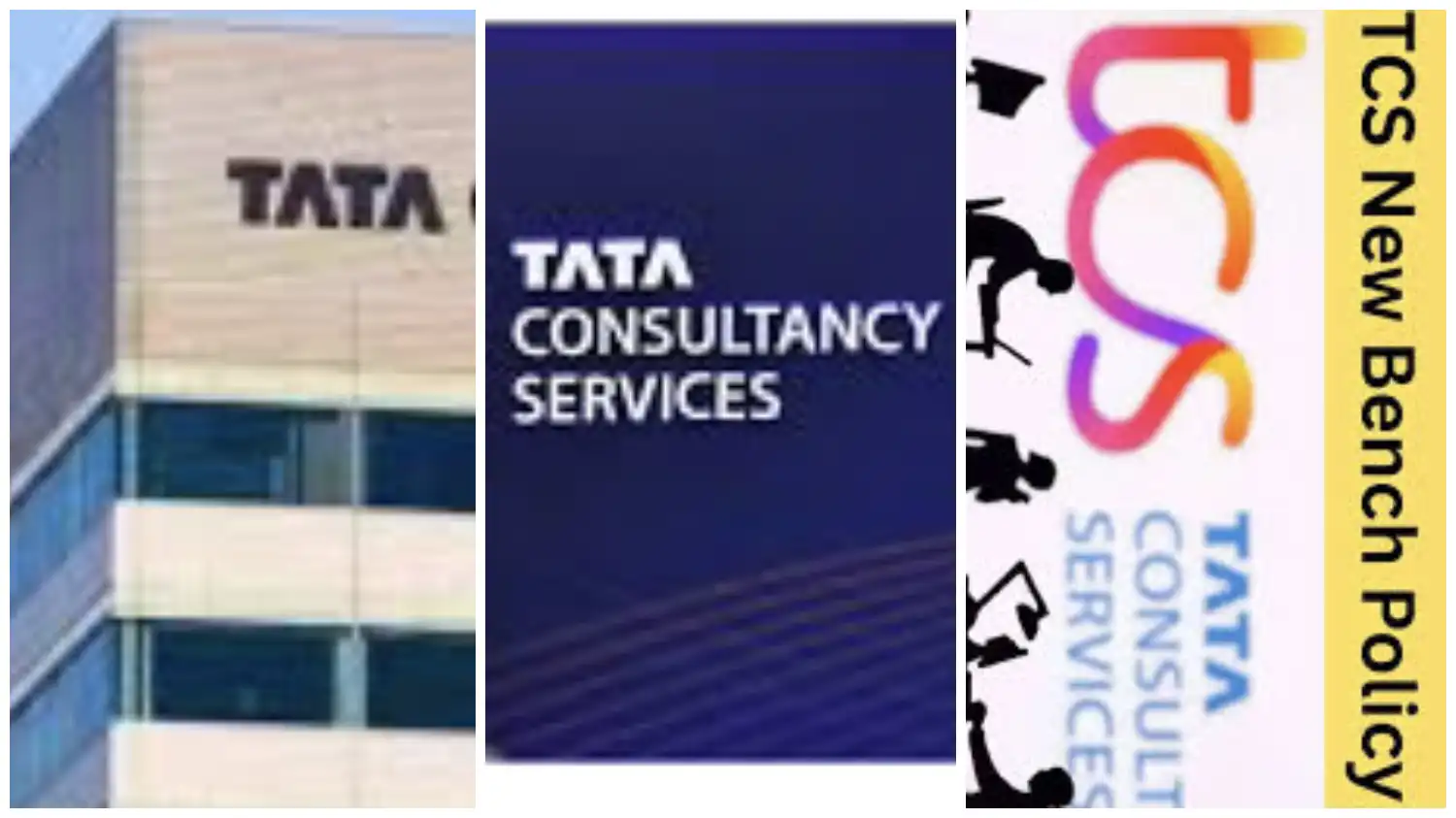Tata Consultancy Services (TCS), India’s largest IT services company, has rolled out a stricter associate deployment policy effective June 12, 2025, mandating employees to maintain a minimum of 225 billable days annually. The new policy aims to maximize workforce utilization and reduce non-productive time across its global operations.
🔍 Key Highlights:
225 Billable Days Mandatory: Employees are now required to be billed for at least 225 working days in a calendar year.
Bench Period Restricted to 35 Days: Associates not deployed on active projects are allowed a maximum of 35 days “on the bench” per year.
In-Office Requirement During Bench Time: Remote work during non-deployment periods will be permitted only in exceptional cases. Associates are expected to report to the office daily while not on billable work.
🧠 Mandatory Upskilling & Monitoring
Employees on the bench must engage in structured upskilling during their idle time. This includes:
Spending 4 to 6 hours daily on internal and external learning platforms (iEvolve, Fresco Play, LinkedIn Learning)
Completing mandatory certifications and live sessions
Using AI-based tools for mock interviews and self-improvement
Daily progress will be monitored by managers and integrated into the Resource Management Group (RMG) dashboard.
⚠️ Consequences of Non-Compliance
Exceeding the 35-day bench period could result in:
Negative impact on appraisals and promotions
Reduced chances of onsite opportunities
In extreme cases, it could even affect job continuity
TCS management clarified that this policy is aimed at ensuring “productive engagement of associates” and enhancing the company’s resource efficiency.
—
💬 Employee Reactions
The policy has sparked mixed reactions among employees and netizens. Some view it as a step toward performance accountability, while others fear it may lead to increased layoffs or undue pressure on freshers and lateral hires.
A user on Reddit commented:
> “If there’s no project, why blame the associate? Mass hiring without project planning will lead to these pressures.”
🧭 Industry Implications
This move reflects a broader shift in the IT industry towards leaner operations and cost optimization, especially amidst global economic uncertainties and evolving project demand cycles.
With this policy, TCS signals a new phase of resource management discipline, and other IT giants may soon follow suit.

